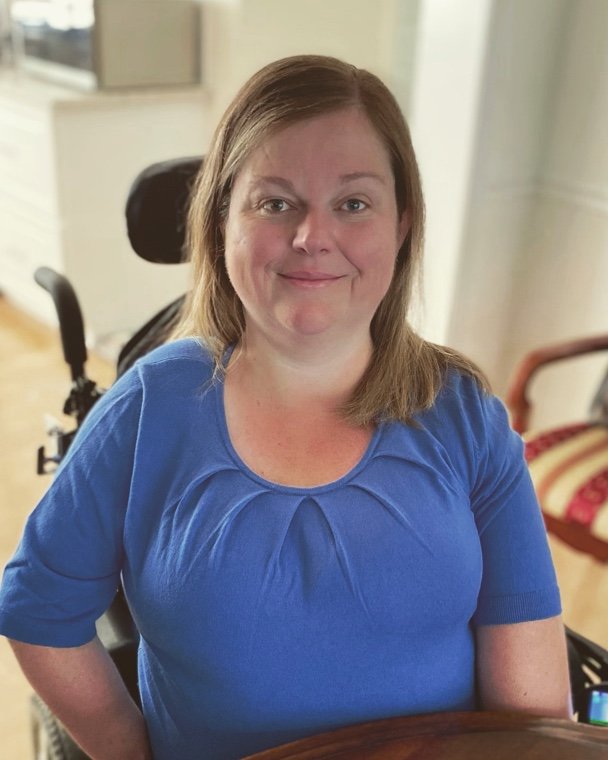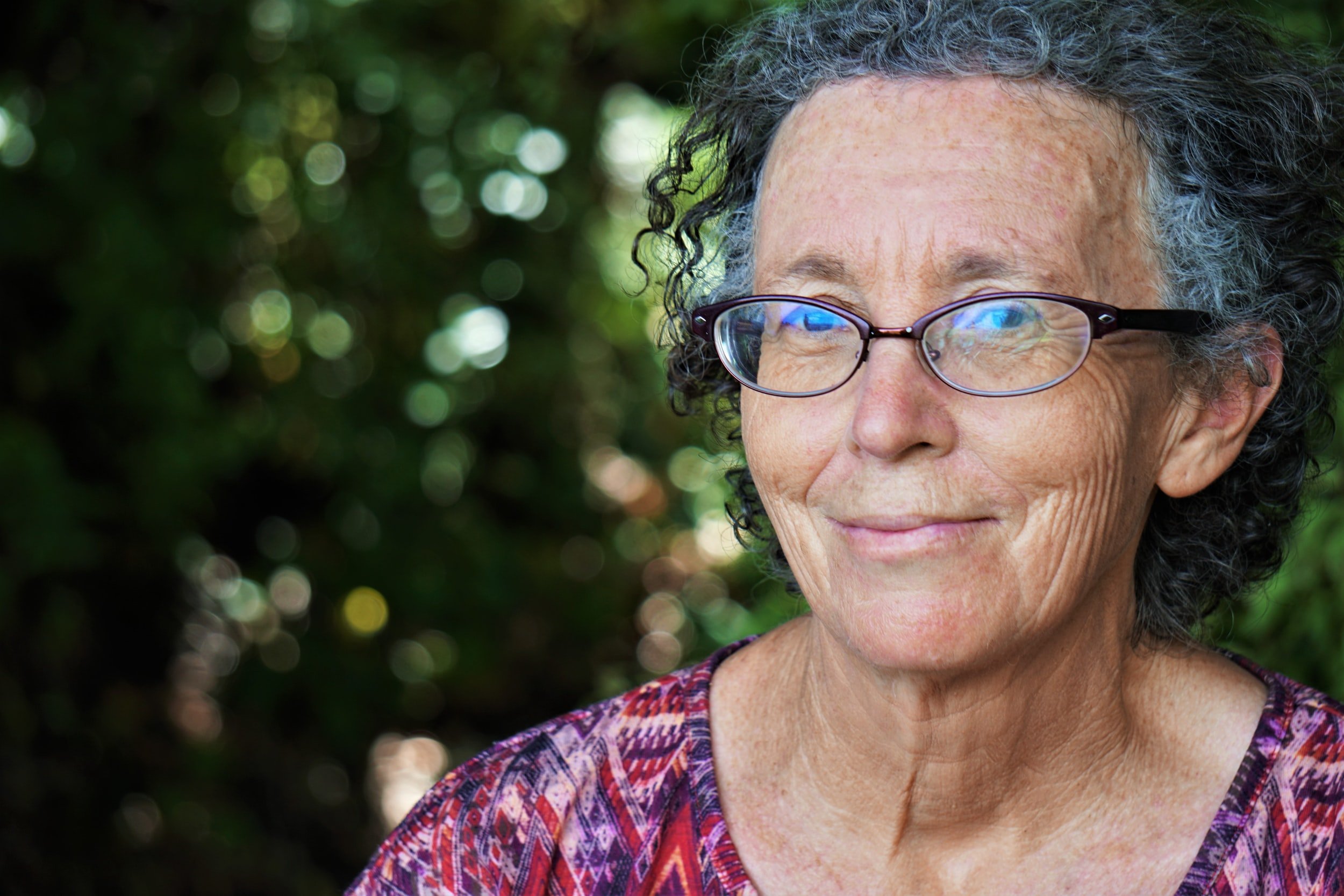Disability did not impede Ewa Okla’s research.
by Janet Salmons, PhD Manager, Sage Research Methods Community
In a past life I taught in an online doctoral program and supervised students through their dissertation research. The online environment is different from bricks and mortar campuses in many ways. One is that we don’t necessarily see one another. We might see a profile photograph or a limited view in a videoconference window. In either case the individual could choose not to post a picture, or not to turn on the video camera. As a result, in this kind of classroom we are not aware of (or distracted by) race, gender, or ability. We focus on the academic work and participation in the learning community.
Dr. Ewa Okla
Given the nature of the program it was not uncommon to have a student in more than one course, which allowed the opportunity to get more deeply acquainted. Often students with whom I shared research interests would continue to work with me when they reached the dissertation stage.
Ewa Okla was one such student. She shone in the doctoral coursework, and impressed me with her thoughtful engagement with the material and support of peer learners. I knew her only by the smiling headshot that she had posted. When we met at a face-to-face residency I was surprised to see that she was in a wheelchair and had only limited use of one hand. In the United States, students with disabilities can ask for extra time and other accommodations; since she had never communicated any special requests I was unaware of her disability. I learned that she has Arthrogryposis Mulitplex Congenita (AMC), which causes muscle atrophy and paralysis.
She became a mentee, and completed an excellent dissertation using online methods to study flexible work arrangements. Dr. Okla now serves as a Senior Quality Analyst for the Metropolitan Life Insurance company and she is an adjunct assistant professor at Wilmington University. She is an active volunteer in her community, including efforts for an annual toy drive for the Nemours Children’s Hospital- the hospital that treated her as a child.
In this interview Ewa discusses her research experience and offers tips (and encouragement) for researchers who have disabilities. The transcription software she mentioned is VoiceBase.











The focus of this post is the co-researchers’ journey of working together as a co-operative inquiry research team. They highlight ways in which research can be inclusive and accessible to co-inquirers with intellectual disabilities who are new to research